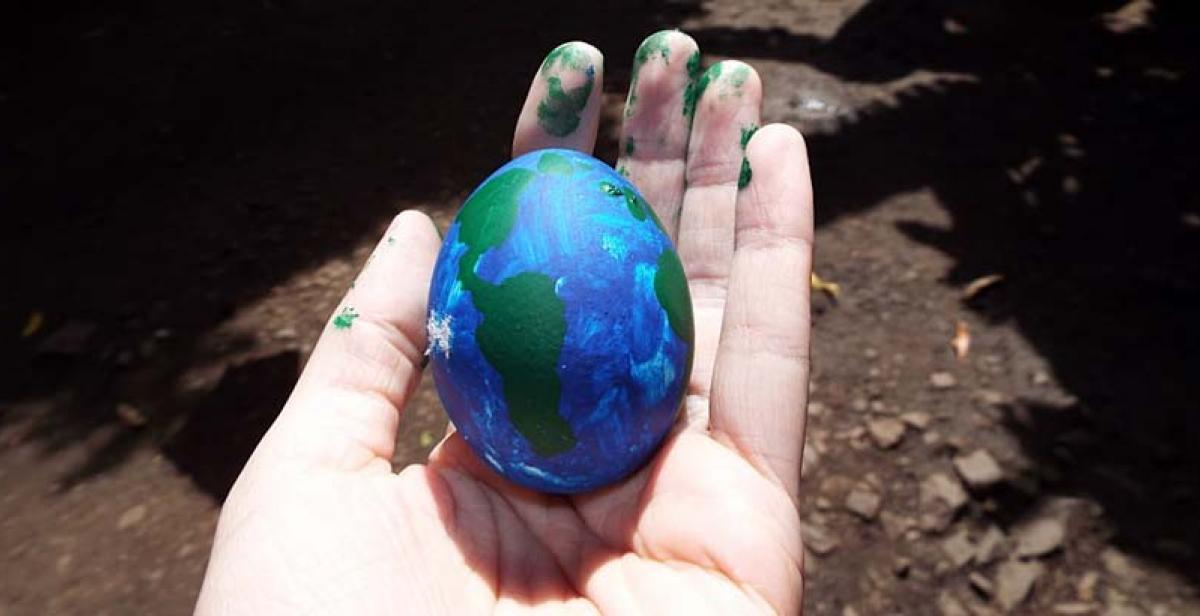A lot can change in a week on a development programme, especially for cycle 13 here in Nicaragua. Both teams are the first cycles in their communities and are laying the all important foundations for the following cycles for the year-long project. The inevitable teething problems have begat setbacks and our initial enthusiasm to “get stuck in” with the physical work when arriving six weeks ago has had to adjust to these realities. Half-jokingly and half despairingly Emily blamed the issues we were facing on us being unlucky cycle 13. Whether one has a predisposition towards superstitious explanations, at some point we have all had to wrestle with the complex subject of international development programmes.
At least now, half way through, we have all (just about) become accustomed to rural life in Nicaragua. The genuine warmth with which families invite us into their lives has eased this considerably. Here you do not pass anyone without a friendly greeting of ‘Adios.’
The community also came out to attend our Environmental Fair in the park last Sunday. An event with the purpose to raise the profile of our project and our partner organisation ASOMUPRO, raise awareness on climate change and host fun environmental-themed games. We gave out fruit bags for the children who participated in the range of activities on offer. We had a sack race incorporating a litter pick, a world painted egg and spoon race, a climate themed drawing competition and an environmental treasure hunt.
Global warming is a cruel hand history has dealt rural communities in developing countries. The underdevelopment of Central and South America (and Africa) provided the prerequisite for Western development. This development fuelled by a dependence on fossil fuels is in turn affecting communities that have contributed a negligible amount to these man made changes to the environment. For future cycles of our project, we plan to prepare this community to adapt and cope with environmental changes and disasters.
It has only been this week that we have felt a collective ownership over the project. We had encountered a lack of suitability for one aspect of the project and a greater need for another. We put our findings to Gerardo, Technical Director for ASUMUPRO, and we came to a practical and sensible solution ensuring maximum benefit for the residents of El Bramadero. A few days later and we received the first delivery of building materials. The project has now become tangible.
Mid-term has been a time for reflection. We have been accepted into the community, forged friendships in spite of and because of the language barrier and some of us have even unwittingly picked up local habits. The transformative work can now begin and in the words of Eduardo Galeano, the great Latin American writer, ‘poverty is not written in the stars.’
Written by ICS volunteer Martin Leonard



